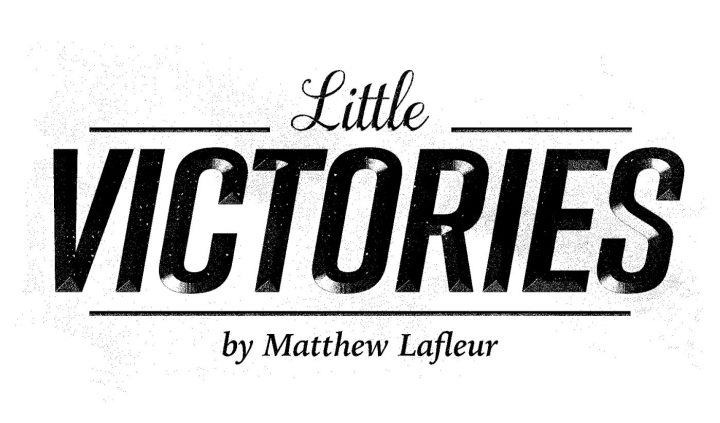‘Bird Box’ Is Worth the Hype, Especially for the Disabled
Written by |

Spoiler alert: In this column, I’ll review the popular Netflix movie “Bird Box.” I explore the movie’s ending. If you like suspenseful sci-fi movies, I recommend watching it first, then returning to this column. Be aware that the movie plot includes mass suicides.
***
Across all corners of social media, people have been talking about the Netflix original “Bird Box.” I soon became curious enough to watch it for myself and form my own opinion about it.
“Listen to me: We’re going on a trip now, it’s going to be rough. If you hear something in the woods, you tell me. if you hear something in the water, you tell me. But under no circumstances are you allowed to take off your blindfold.”
That ominous speech opens the movie, spoken in a dead-serious tone by Malorie (Sandra Bullock).
Join our forums and be part of the Friedreich’s Ataxia’s News Community!
As if she were speaking to me, I grappled with the outlandishness and harshness of her commands and wondered if I could follow her orders, were I thrust into her world.
If I can place myself in a movie, even in a situation as far-fetched as the one in “Bird Box,” with its apocalyptic chaos caused by mysterious beings whose appearance causes people to commit suicide, if even then I can see myself in it, then the movie has piqued my interest.
From the start, I was hooked, curious to see what would happen next. As “Bird Box” layered mystery upon mystery and introduced more and more plot questions, I expected disappointment.
My friend Sajid warned me, saying that he lost interest and ditched out in the last 30 minutes of the movie, so I expected that it would leave me bitter and dissatisfied.
Much to my surprise, it didn’t.
The movie quashed my low expectations at the scene near the end, when Malorie and her two children open the mysterious door in the woods and then enter the haven they sought throughout the entire movie.
She had called the children “Boy” and “Girl” throughout to heavy-handedly remind viewers that she prized only the necessities of life. Enjoyment and happiness were out of the question. Whittling away anything unnecessary was key to her survival, and the children’s survival in turn.
When Malorie and the children are inside the door of their newfound sanctuary, the three are told it’s safe to take off their blindfolds. Hesitantly, Malorie does so and sees a plaque that identifies this place, this haven, as a school for the blind.
That floored me. If blindfolds were needed by survivors, of course blind people, who navigate the world without sight’s convenience, would be uniquely equipped to survive in a world where a person’s vision is also his downfall.
In the world of “Bird Box,” a disability became a key to survival.
My disorder, Friedreich’s ataxia, does not include blindness in my case, though vision loss and blindness are sometimes associated with it. Regardless, this small and subtle message — that disabilities can sometimes be a strength — resonated with me; I think that if there were more screen time spent hammering in this message, it’d be too cheesy and less impactful.
The movie ends without explaining the mysterious beings and what caused their appearance. This left all vocal critics hungry for more. And that is fair. I hoped for as much — I wanted a why and a how.
However, I am reminded of blindness, of disability, and that Malorie’s safety was found by using a blindfold, by giving up some of her awareness.
Typically, a blind person doesn’t choose not to see, and I do not choose to be unable to walk, yet we are forced to navigate this world as best we can.
The audience of “Bird Box” doesn’t choose to have basic plot questions unanswered. Yet, there we find ourselves. By not getting answers to basic questions about the plot, “Bird Box” forces the audience to limit awareness; it makes us wear blindfolds. Do we whine about that, or use it to see the deeper elements of the story? Our answer may indicate if we would survive in that movie.
I am thankful that the blind teach us how to see and when we need to wear blindfolds.
I surprised myself with the insight I was left with after “Bird Box” ended, and because of that, I greatly recommend it.
***
Friedreich’s Ataxia News is strictly a news and information website about the disease. It does not provide medical advice, diagnosis or treatment. This content is not intended to be a substitute for professional medical advice, diagnosis, or treatment. Always seek the advice of your physician or another qualified health provider with any questions you may have regarding a medical condition. Never disregard professional medical advice or delay in seeking it because of something you have read on this website.




Leave a comment
Fill in the required fields to post. Your email address will not be published.